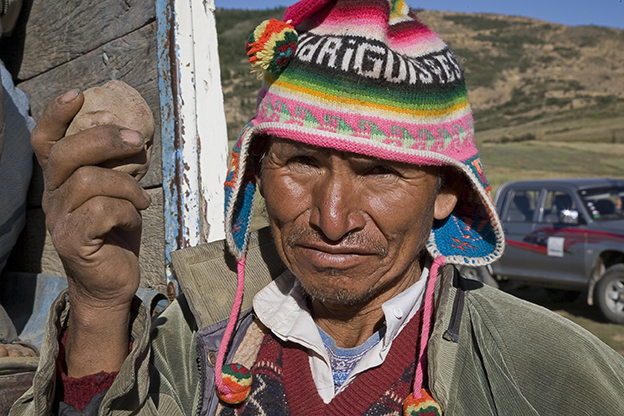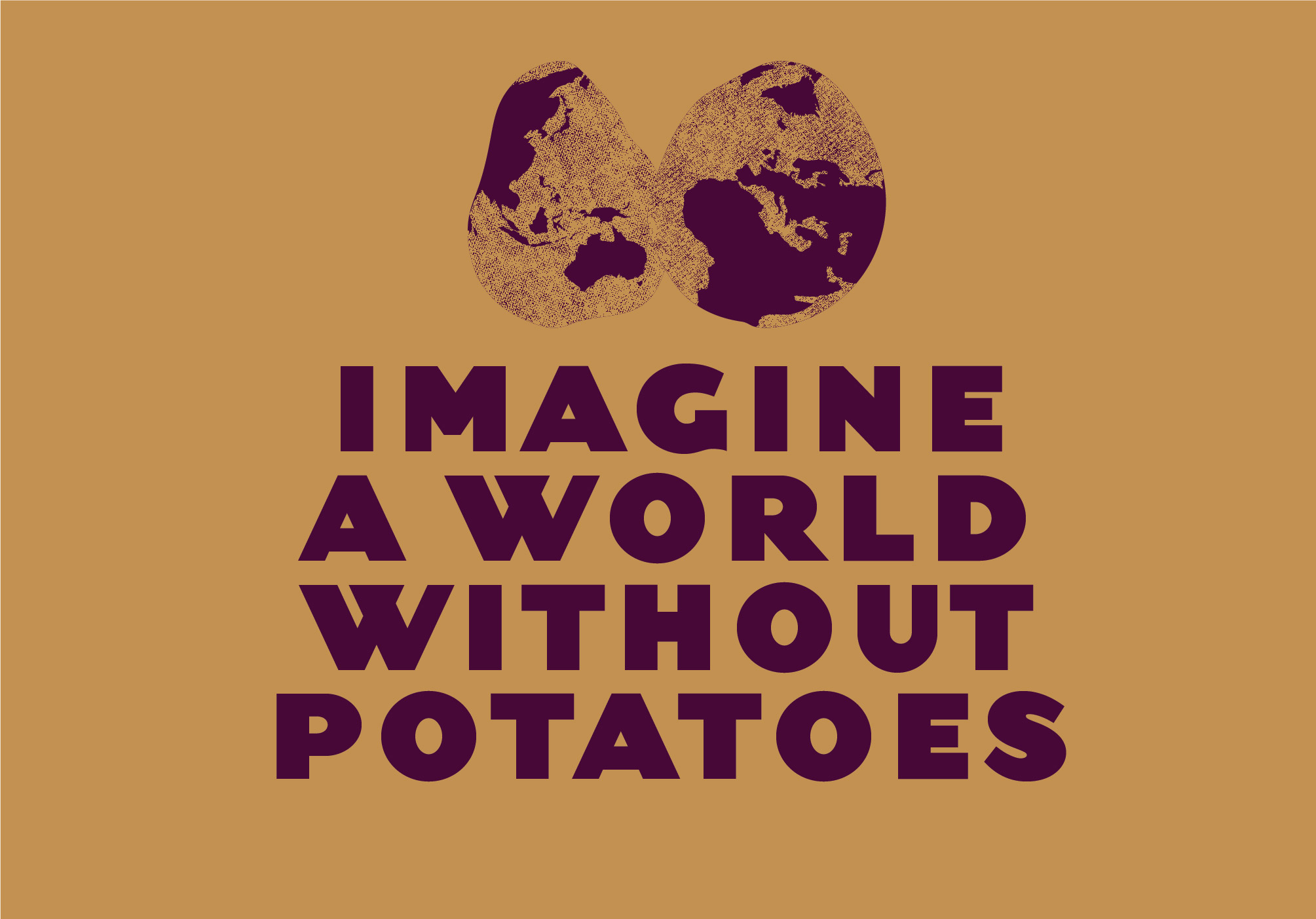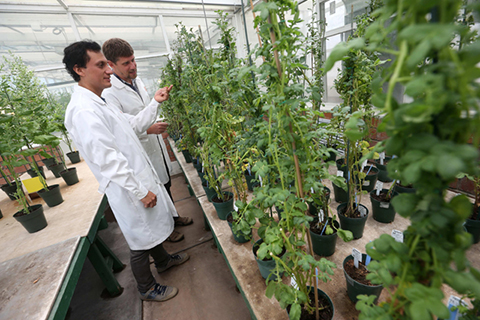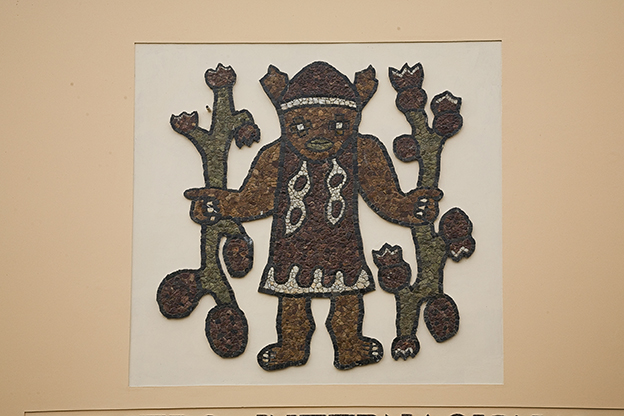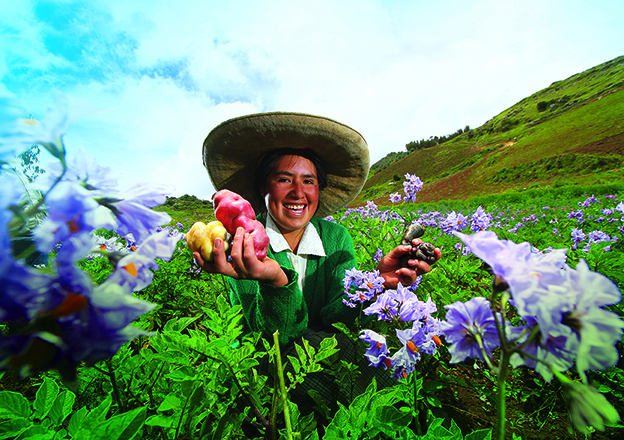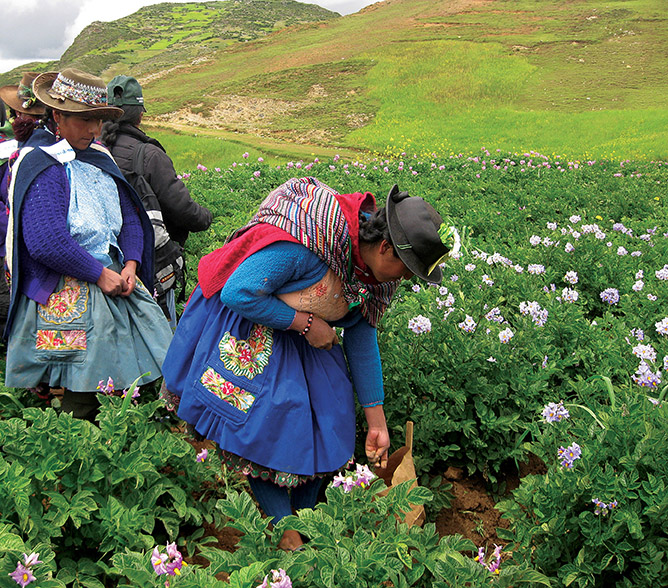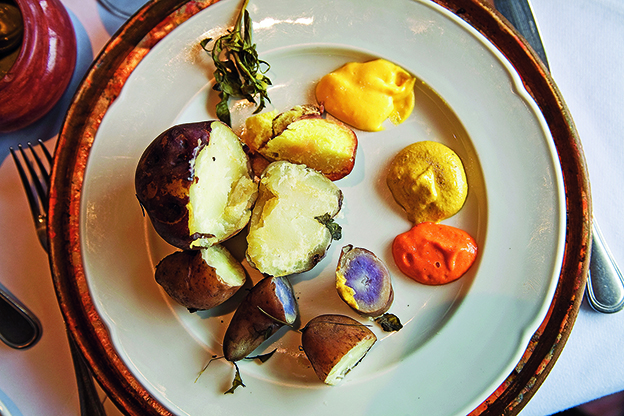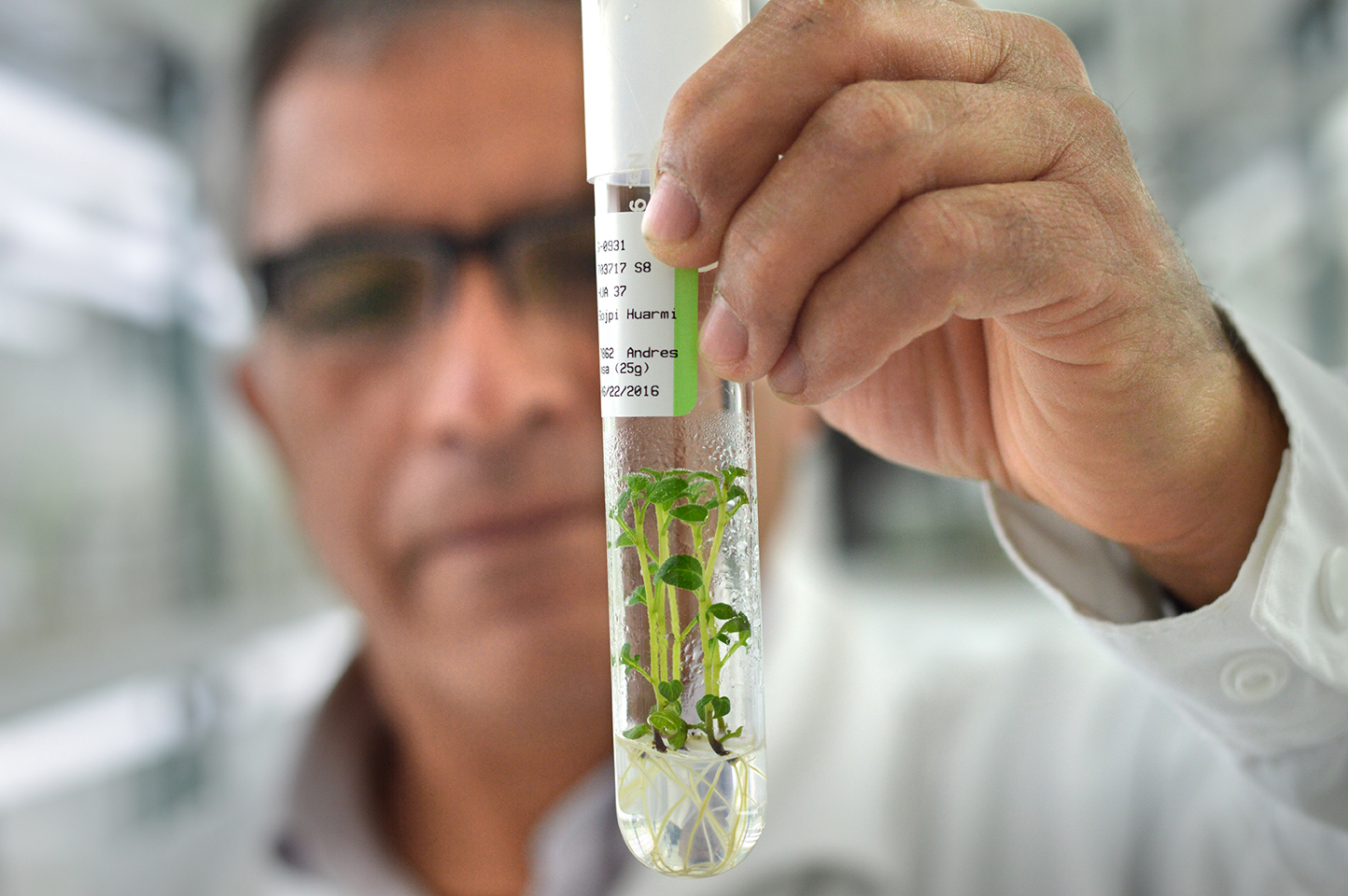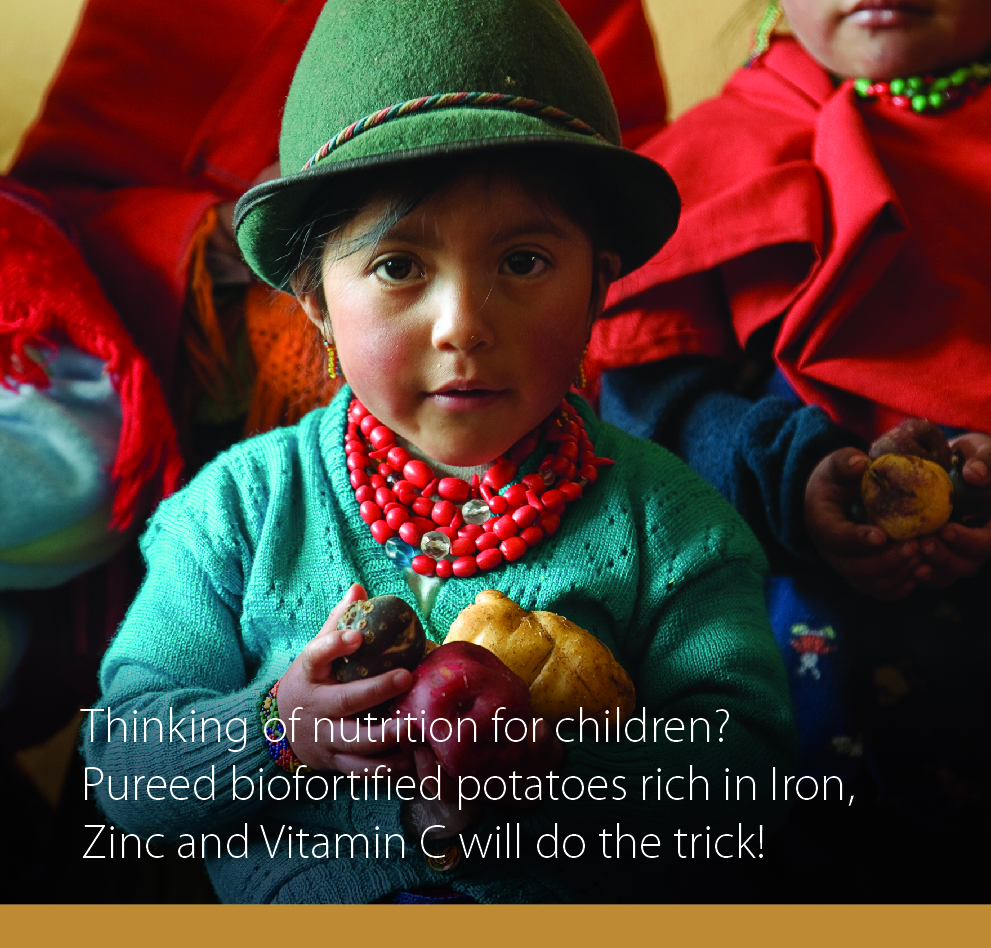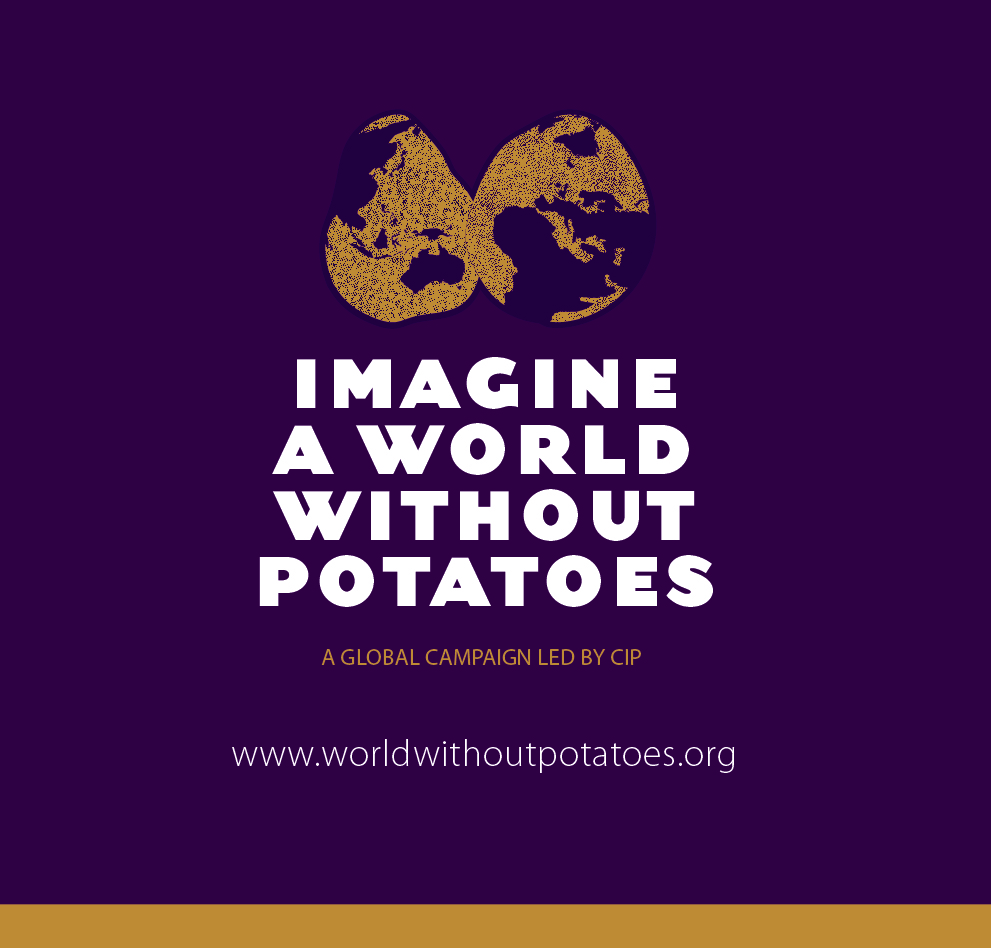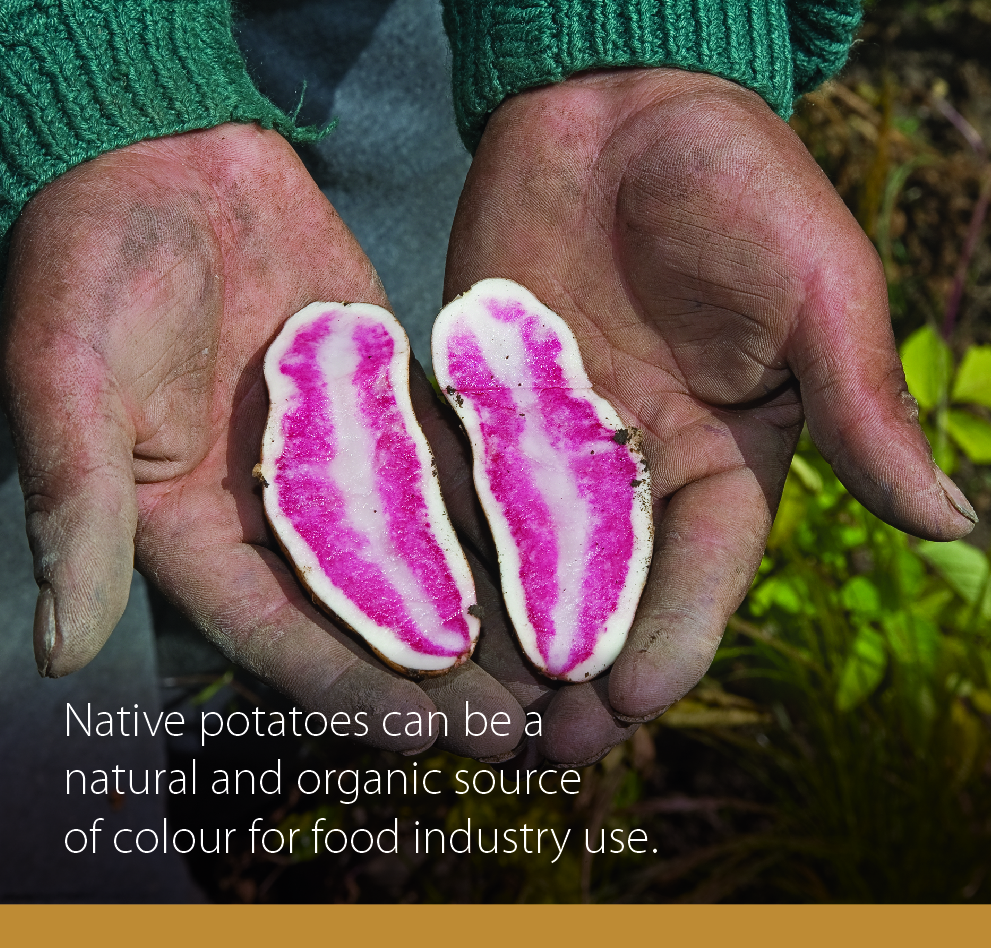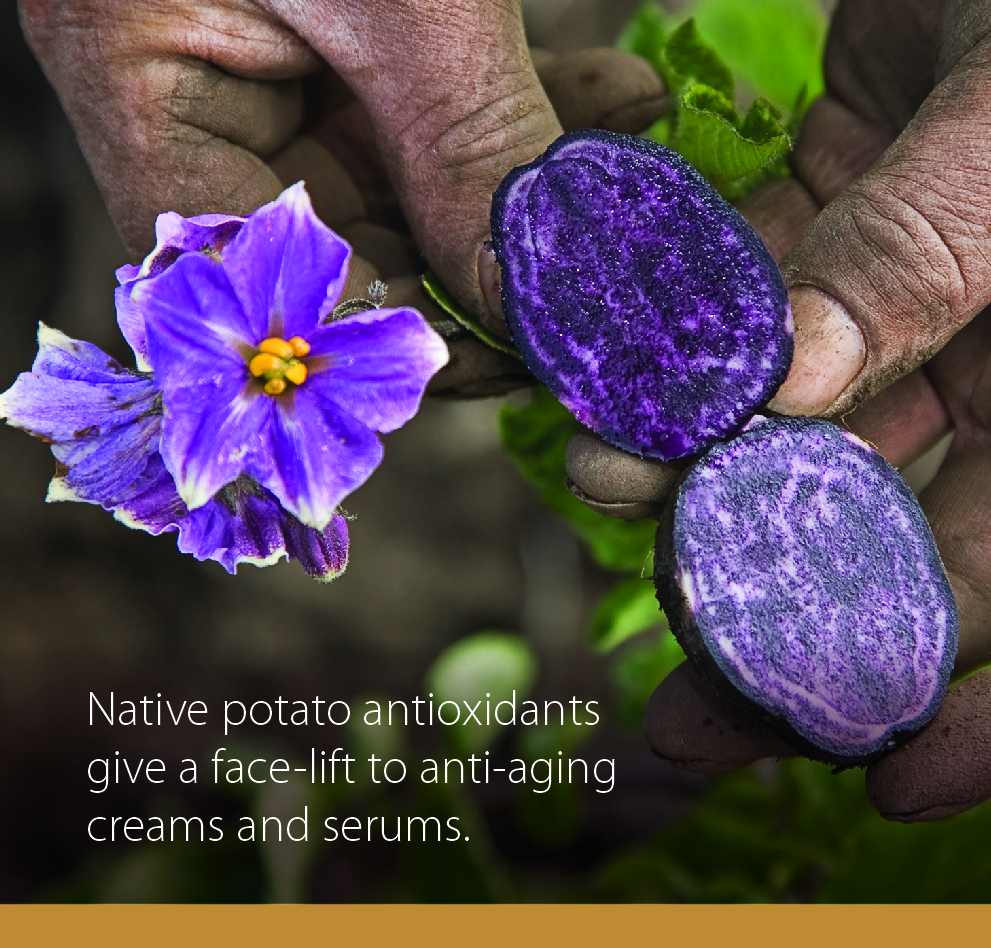- A future built on the extraordinary biodiversity of roots and tubers.
- A future built on our knowledge and experience in countries with great potential for the production of root and tuber crops.
- A future in which roots and tubers respond to the world’s need for improved nutrition, climate change adaption and inclusive growth.
We are the International Potato Center
We are CIP
YEARS
of knowledge and experience in root and tuber sectors in Africa, Asia and Latin America.
COUNTRIES
in which CIP has a research presence and strong relationships with government institutions, businesses and farmers.
CROP ACCESSIONS
Potato, sweetpotato and Andean root and tuber crop accessions conserved in the CIP genebank.
GLOBAL CAMPAIGN
to unite the potato sector worldwide.
Innovative science based solutions
CIP has partnered with governments, non-governmental organizations, farmers and businesses in 15 African countries to develop and disseminate resilient, vitamin A-rich sweetpotato varieties, improve farmer access to planting material, promote consumption, and develop new value chains for the crop. By mid 2018, these efforts had reached 5.3 million households in 14 countries with that nutritious orange-fleshed sweetpotato varieties, the consumption of which reduces the risk of vitamin A deficiency, a serious threat to the health of children and women of reproductive age.
CIP is currently breeding and field testing biofortified potatoes rich in iron and zinc for use in initiatives to reduce anemia and micronutrient deficiencies. The government of Peru is currently evaluating some of those clones for release as varieties, and programs in other countries are field testing or using them for breeding.
An estimated 30—50 percent of the yield loss on African farms is caused by crop pests, a problem that is expected to become worse as climate change advances. To help African governments and other actors deal with this growing threat, and improve crop pest management across the continent, CIP launched an online Pest Distribution and Risk Atlas for Africa in early 2017.
CIP potato breeders have prioritized developing varieties that tolerate environmental stresses such as heat, drought and soil salinity, which are expected to become more extreme in many regions under climate change. One measure of their success was an experiment in which CIP-bred potatoes grew in hyper-saline sand comparable to soil on Mars.
In an effort to help poor Andean farmers who grow native potato varieties improve their incomes, CIP’s Papa Andina Program facilitated the creation of new uses and value chains for those colorful tubers. In Peru, this resulted in a 70% increase in sales and a 150% increase in the market price of native potatoes.
As part of efforts to increase urban consumption of orange-fleshed sweetpotato in Africa, CIP developed a process for preserving sweetpotato puree without refrigeration, which has facilitated the production of sweetpotato bread by Kenya’s largest supermarket chains. This has in turn increased demand for sweetpotato roots, inspiring more farmers to produce orange-fleshed sweetpotato and thereby making the nutritious crop available to more women and children who might be at a risk of suffering vitamin A deficiency.
Science for business

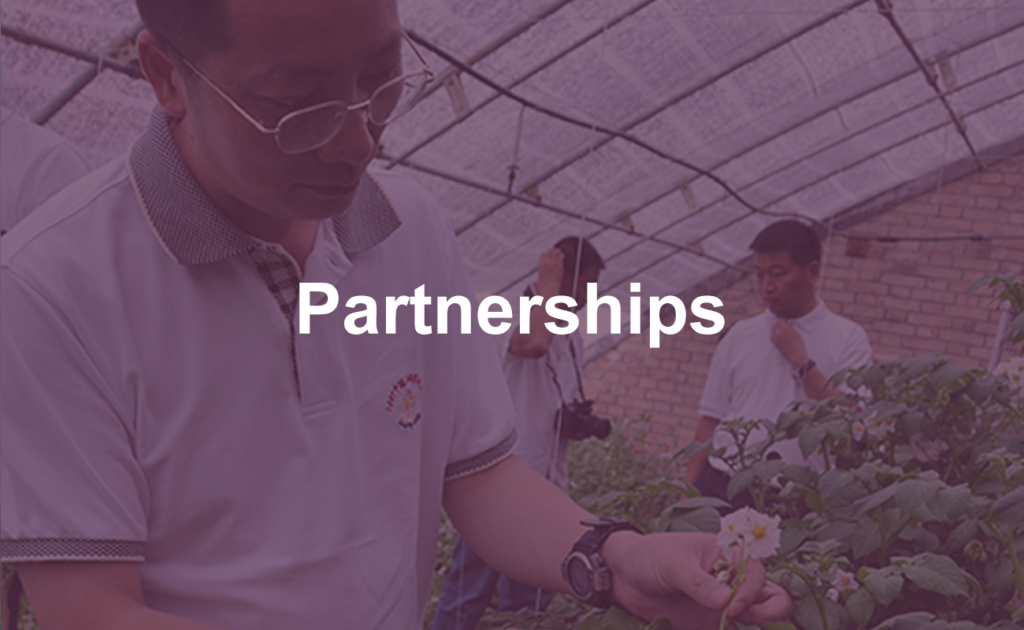




If you are interested in learning more, please don’t hesitate to contact us (g.muller@cgiar.org) or leave your contact information so that we can get back to you as soon as possible.
Imagine the possibilities
Together we can better promote the potato


